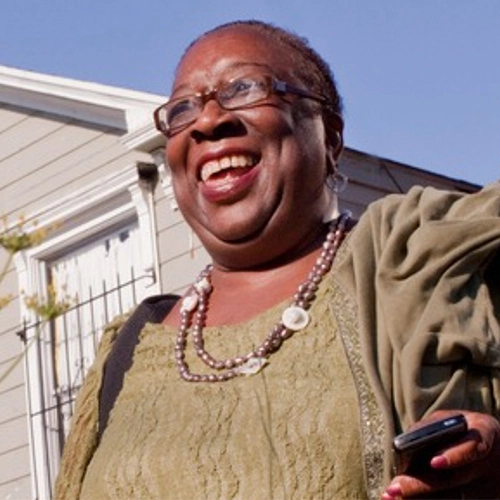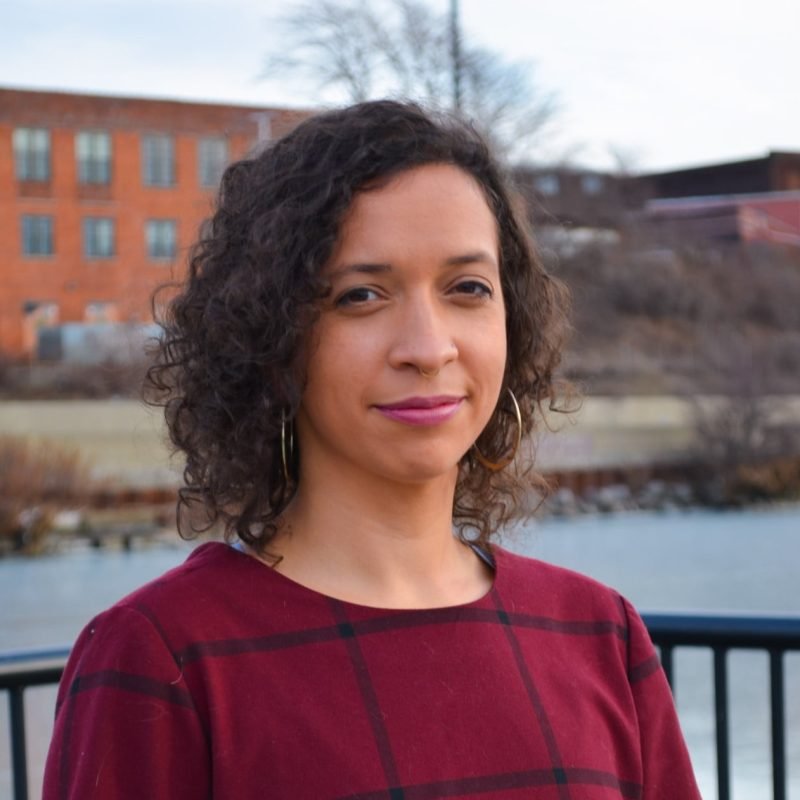Science and Community
Action Network
(SciCAN)
We advance environmental justice (EJ) grassroots campaigns by centering
community expertise in research and policy. We are designed by EJ leaders.
Our Vision
The environmental justice (EJ) movement advances localized solutions because the efforts of grassroots leaders and organizations are well coordinated, and there exists strong relationships with trusted issue area experts that put community expertise and objectives at the forefront.
WE SPECIALIZE IN
Creating
We design, guide, and facilitate scientist-community partnerships and solutions that serve community by recognizing and valuing community lived expertise, answering grassroots questions, and offering actionable solutions that are led by impacted community.
Educating
We disrupt traditional academic approaches to research, analysis, and engaging with community. We offer unlearning webinars, workshops, panels, and coaching to re-train academics with grassroots voices and EJ principles central in all training.
Strengthening
We host an online power-building space where the SciCAN community - EJ grassroots and technical and policy experts - build relationships, share resources and tools, and work together to grow and deepen the movement.
OUR TEAM

Elizabeth Friedman

Beto Lugo Martinez

Ms. Margaret

Katherine Catalano

Lourdes Vera
JOIN US
SciCAN’s Community Platform consists of EJ grassroots leaders and organizations and technical and policy experts coming together to build relationships and form alliances that serve to advance the goals of grassroots EJ efforts. Our dynamic community meets, learns from, and works together in a virtual space and in person.
